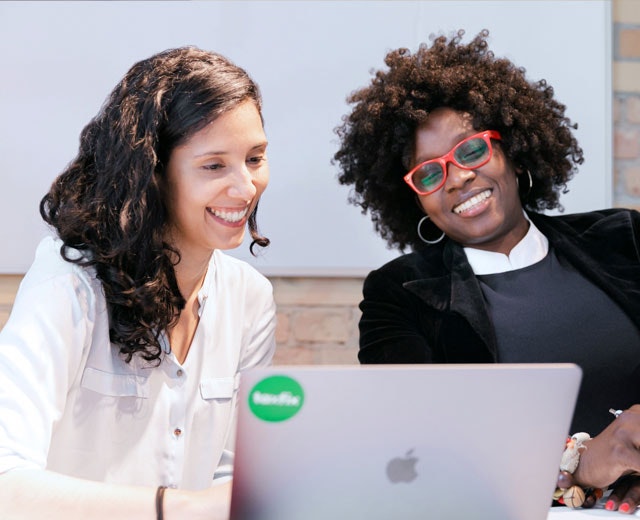Startup shareholders will soon have a new way to cash out early, with Crowdcube announcing the launch of its 'liquidity' platform on Thursday.
The platform will try to create a market for existing shareholders — including employees with stock options — to sell their shares on the secondary market to interested retail buyers.
To do this, Crowdcube will run so-called 'Direct Community Offerings'; heavily-marketed, one-off campaigns, where retail investors can buy up to €8m worth of secondary shares from later-stage European startups; regardless of whether the startup has ever used Crowdcube before.
The idea is to help solve the problem faced by startup shareholders, who often find that it's nearly impossible to turn their shares into actual cash unless the company goes public in an IPO or is acquired.
It’s also a big change of direction for Crowdcube, which has traditionally competed with Seedrs and the US' Kickstarter to help early-stage companies raise funds from its community.
Still, Crowdcube is not the only company to have tried to tackle this problem.
Large venture firms like Balderton and Insight have launched specialised secondary-sale funds to buy equity from early employees and angel investors — normally when a company hit a multi-billion valuation and often as part of a wider fundraise.
Crowdcube, which is backed by Balderton and launched in 2011, will now compete with these funds to access startups' secondary shares – the supply of which is still tightly controlled and often exchanged behind closed doors.
"We want to give businesses a way to reward early investors, particularly friends and family," Darren Westlake, Crowdcube's founder, told Sifted, emphasising how startup shares often sit idle for up to a decade as "paper money."
"[The new platform] gives investors a return on their investment while simultaneously giving new investors a chance to buy a stake in a business they believe in."
Seedrs, Crowdcube's competitor, also launched a secondary market in 2017; stacking up around £4.5m in share-swaps to date.
However, Seedrs' secondary market was — until recently — exclusively for startups that had previously raised funds via Seedrs, focused on helping its early crowdfunding investors to cash out. Seedrs also operates as a recurring monthly 'exchange' where it sets shares at a fixed price, rather than doing a full-blown individual campaign.
Seedrs charges a 7.5% fee to shareholders selling their equity, while Crowdcube will charge 10% to grant access its pool of nearly 1m retail investors.
Westlake defended the charge, saying when big institutional investors buy secondary shares, they are discounted by 10-20% too.
Generating supply?
The secondary share market is still nascent.
That means for Crowdcube, the bigger challenge will be luring startups to conduct Direct Community Offerings (DCO).
Secondary sales can affect the valuation of a startup – both for better and worse – and many companies have seen their values slashed in the midst of the pandemic, making a recalculation less desirable.
"That's a concern, yes," Westlake told Sifted.
It's telling that Crowdcube planned to launch the first DCO months ago with a flagship startup, but the nominated DCO had cancelled in light of Covid.
"It's not great to be taking money off the table while COVID is going on," Westlake acknowledged.
Indeed, it took Seedrs 3 years to reach £1m in monthly secondary sales per month.
Nonetheless, Westlake believes DCOs could prove particularly popular among consumer-facing startups, who want to invite their growing communities to take a stake without having to crowdfund (for instance, if the company is already profitable or well-capitalised).
"Imagine if all Deliveroo customers could buy into Deliveroo," he suggested.
This optimism about the future of secondary sales is also demonstrated by German fintech Taxfix, which staged an employee buy-out via Index Ventures earlier this year in an unprecedented move for a Series C-stage company.
Now, Taxfix founder Mathis Buechi predicts other founders will be inspired to follow suit, and early exits for early shareholders will become more popular.
“So many people said to me ‘This is amazing, we never thought of this,'” Buechi told Sifted, noting that part of the battle now is breaking down the “awkward” taboo and confused narrative around secondary sales.
Meanwhile, companies like Revolut and Darktrace also invited staff to sell their shares to institutional investors during their last fundraises.



